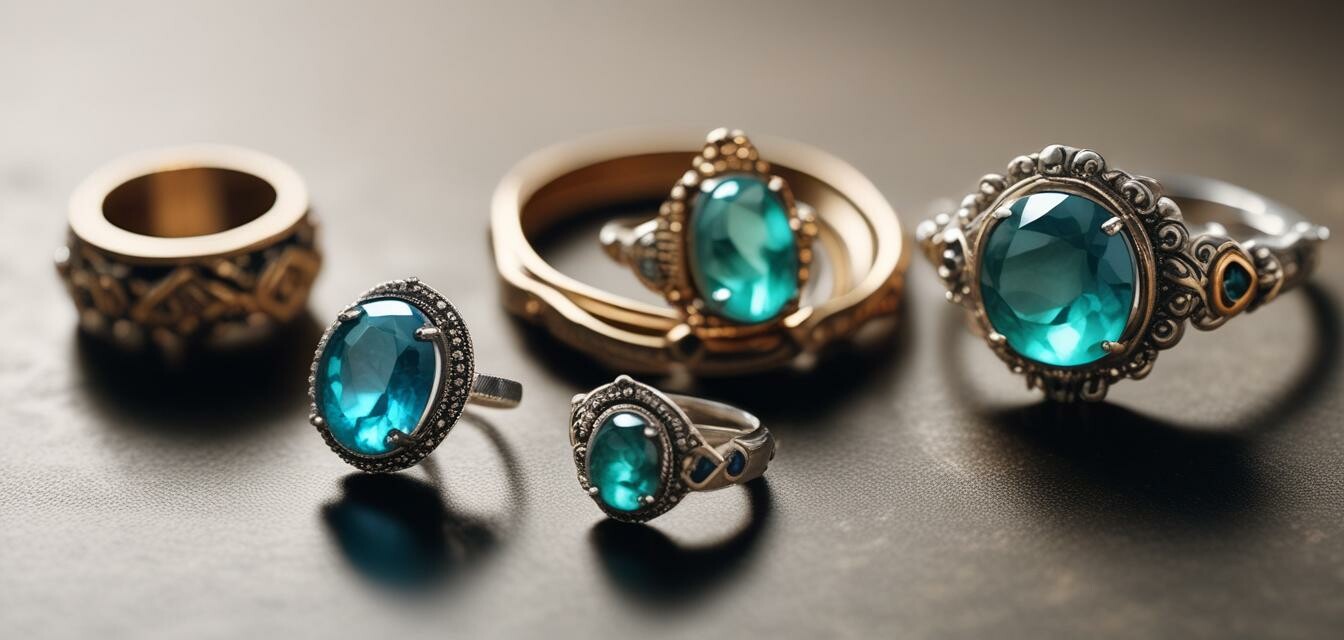
Artisan Jewelry Insights: Finding One-of-a-Kind Pieces
Key Takeaways
- Artisan jewelry offers unique, hand-crafted designs.
- Ethical sourcing and sustainability are important factors.
- Understanding gemstone types can enrich your selection process.
- Explore various styles to match personal tastes and values.
- Utilizing trusted sources aids in making informed purchases.
In the vast landscape of jewelry, artisan pieces stand out for their unique qualities and the stories behind them. Shopping for artisan jewelry means engaging with creativity, craftsmanship, and often a commitment to ethical sourcing. This guide will take you through the essential insights needed to find the perfect one-of-a-kind pieces that not only appeal to your aesthetic but also resonate with your values.
Understanding Artisan Jewelry
Artisan jewelry is characterized by its handmade nature and attention to detail. Unlike mass-produced alternatives, each piece is crafted with care, often using techniques passed down through generations. Here's what makes artisan jewelry special:
- Uniqueness: Each item is typically one-of-a-kind, ensuring originality.
- Craftsmanship: Created by skilled artisans who pour their talent into designing and making pieces.
- Connection: Purchasing artisan jewelry often involves a connection with the maker, appreciating their story and process.
The Importance of Ethical Sourcing
As consumers become more conscious of their impact on the world, ethical sourcing has become a pivotal factor in jewelry purchasing decisions. Here are some considerations for ethical artisan jewelry:
- Look for eco-friendly materials such as recycled metals or ethically sourced stones.
- Support artisans who prioritize fair labor practices and provide adequate wages.
- Consider products that contribute to local communities and preserve traditional craftsmanship.
Types of Gemstones in Artisan Jewelry
Understanding the different types of gemstones is crucial when shopping for artisan jewelry. Here’s a quick guide to some popular gemstones:
| Gemstone | Properties | Uses in Jewelry |
|---|---|---|
| Amethyst | Known for its deep purple hue, associated with tranquility. | Often used in earrings, bracelets, and pendants. |
| Turquoise | Recognized for its vibrant blue and green colors, symbolizing protection. | Commonly used in bohemian-style earrings and necklaces. |
| Citrine | A yellow gemstone, known for its energizing properties. | Popular in rings and statement pieces. |
| Rose Quartz | Soft pink color, represents love and compassion. | Frequently used in delicate jewelry pieces. |
Styles to Explore
The style of artisan jewelry can greatly affect its appeal. Here are some styles you might consider:
- Bohemian: Incorporates an eclectic mix of materials and colors.
- Minimalist: Focuses on simplicity and elegant design.
- Vintage: Inspired by historical designs, often with intricate details.
- Contemporary: Features bold shapes and modern aesthetics.
Where to Find Artisan Jewelry
Finding the right piece can sometimes be a challenge. Here are some trusted sources for artisan jewelry:
- Local artisan markets and craft fairs.
- Online platforms that specialize in handmade items.
- Gallery shops that feature local and global artisans.
- Online marketplaces focused on ethical and artisan goods such as our ethical stone earrings.
Making the Purchase
When you find a piece that resonates with you, consider the following before making a purchase:
- Research the artist and their story to ensure you're comfortable with your choice.
- Check for return policies to ensure satisfaction.
- Look for customer reviews to gauge the quality and value of the jewelry.
Pros
- Unique, one-of-a-kind designs.
- Variety of styles and materials.
- Support for ethical and sustainable practices.
- Connection to artisans and their stories.
Cons
- Can be more expensive than mass-produced items.
- Availability may vary based on location.
- Finding the right piece may take time.
Conclusion
Finding artisan jewelry that reflects your personality and values can be a rewarding experience. With the insights shared in this guide, you’ll be better equipped to explore the wide variety of one-of-a-kind pieces available. Whether you’re searching for a unique gift or a personal treasure, artisan jewelry offers a blend of beauty, craftsmanship, and ethical integrity.
For more tips on making informed purchases in jewelry, check out our blogs on buying guides and news and trends.